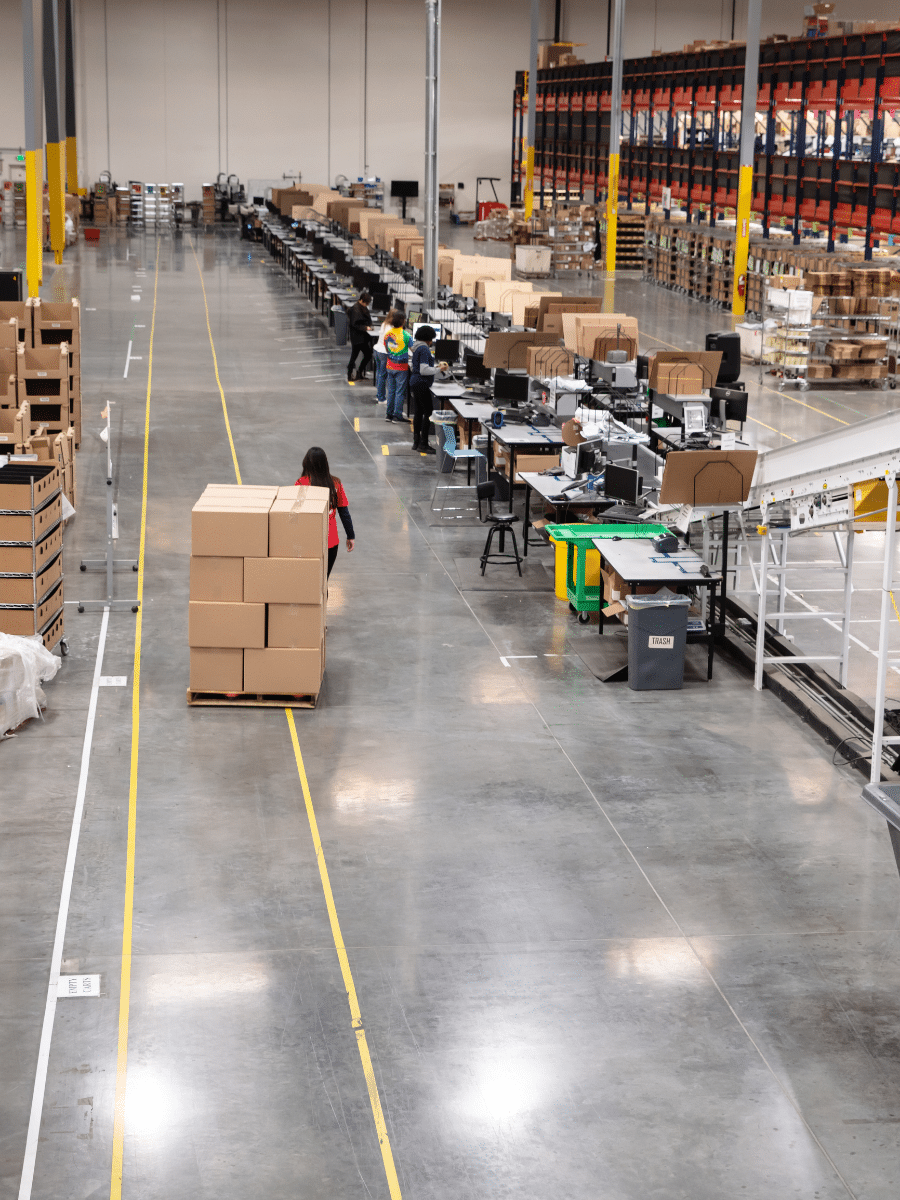The wholesale industry is a critical part of the global economy, and businesses in this sector need to invest in automation to improve efficiency and productivity. By automating tasks such as inventory management, order fulfilment, and customer service, businesses can save time and money while improving customer satisfaction.
Automation has benefits beyond improved efficiency and productivity. Automated systems can help businesses respond more quickly to customer needs, improving customer satisfaction.
Overall, automation can be an important tool for businesses in the wholesale industry.
However, automation also poses a threat to jobs in the wholesale industry. As businesses increasingly adopt automated systems, there is a risk that jobs will be lost as tasks are automated. This could harm the economy as workers lose their jobs and spend less money.
Another challenge facing the wholesale industry is the increasing popularity of online shopping. Online shopping has hurt brick-and-mortar stores, including those in the wholesale industry. This has led to a decline in sales for many businesses in the industry.
Finally, the wholesale industry faces competition from other industries, such as the retail industry. Retailers can sell products directly to consumers, which puts pressure on wholesalers to sell products at lower prices. One way to improve a wholesale business is to automate inventory management.
What is inventory management and why is it important?
Inventory management is the process of tracking and managing stock levels, orders, and sales. It is an important part of the supply chain and helps businesses to ensure that they have the right products in stock to meet customer demand.
What are some benefits of automating inventory management?
There are many benefits of automating inventory management, including:
- Reduced human error: Automating tasks can help to reduce human error, which can lead to costly mistakes.
- Improved accuracy: Automated systems are often more accurate than manual ones, meaning that businesses can rely on them to make sure that they always have the correct products in stock.
- Increased efficiency: Automating inventory management can help businesses to save time and money by reducing the need for manual input and increasing the speed at which information is processed.
- Improved customer satisfaction: Automating tasks such as order fulfilment and customer service can help businesses to improve customer satisfaction by providing a more efficient and accurate service.
What are some of the challenges of automating inventory management?
There are a few challenges that businesses may face when automating inventory management, including:
- Implementation costs: Automating inventory management can be expensive, particularly if a business needs to purchase new software or hardware.
- Training needs: Employees will need to be trained on how to use the new system, which can take time and resources.
- Change management: Switching to an automated system can be disruptive for a business, and employees may need time to adjust to the new way of working.
How can businesses automate inventory management?
There are a few different ways that businesses can automate inventory management, including:
- Using warehouse management systems: Warehouse management systems (WMS) are software solutions that help businesses to track and manage stock levels, orders, and sales.
- Implementing radio frequency identification (RFID): RFID is a technology that uses tags to track and manage inventory. RFID tags can be attached to products or packaging, and they can be read by specialised devices.
- Utilising barcodes: Barcodes are a common way of tracking inventory, and they can be read by scanners and other devices. businesses can use barcodes to track products from the time they are received in the warehouse to the time they are shipped to customers.
Overall, automating inventory management can help businesses in the wholesale industry to improve efficiency and productivity. by reducing human error, increasing accuracy, and improving customer satisfaction. Warehouse management systems are just one example of how businesses in the wholesale industry can use automation to improve efficiency and productivity.
Although there are some challenges associated with automating inventory management, such as implementation costs and training needs, the benefits outweigh the drawbacks for many businesses.
If you would like to discuss how your business could benefit from automating inventory management, or if you would like to explore how a warehouse management system could work for you, please contact us. We would be happy to advise you on the best solution for your business.



